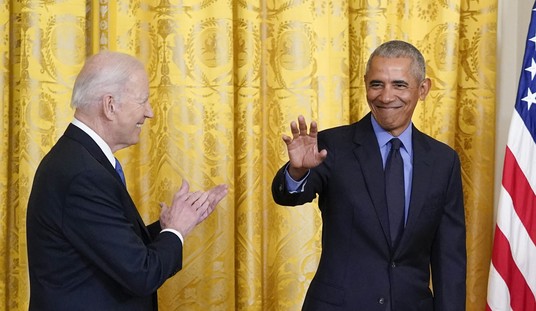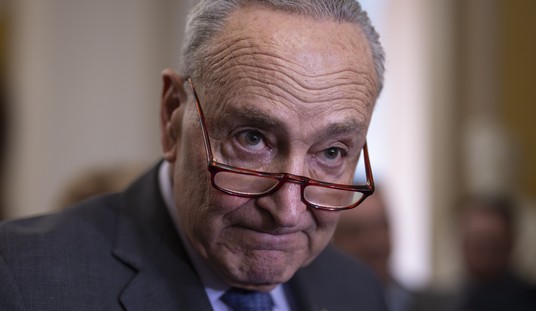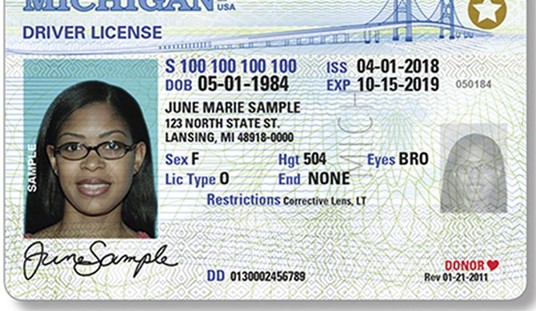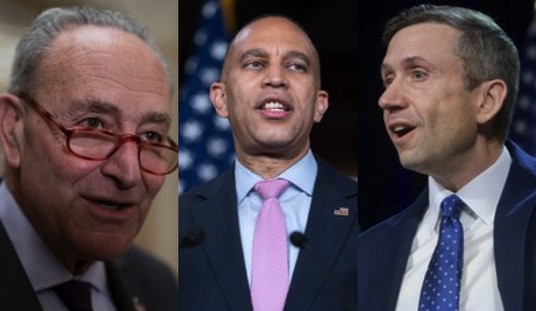There is good reason to cheer the policy behind the executive order on immigration signed yesterday by President Trump. One need only consider the continual problems European countries are having assimilating refugees — and the likelihood that ISIS is sending sleeper terrorists among them — to be skeptical of a policy that would admit tens of thousands of these folks within our borders. One suspects that the Obama administration did not do enough to ensure that they would be properly vetted.
But is the order legal?
That’s another question entirely, and this op-ed makes a good argument that it is not:
President Trump signed an executive order on Friday that purports to bar for at least 90 days almost all permanent immigration from seven majority-Muslim countries, including Syria and Iraq, and asserts the power to extend the ban indefinitely.
But the order is illegal. More than 50 years ago, Congress outlawed such discrimination against immigrants based on national origin. . . . The Immigration and Nationality Act of 1965 banned all discrimination against immigrants on the basis of national origin, replacing the old prejudicial system and giving each country an equal shot at the quotas. In signing the new law, President Lyndon B. Johnson said that “the harsh injustice” of the national-origins quota system had been “abolished.”
Trump would likely point to a law that says he can determine certain aliens are detrimental to the country, but the writer says that doesn’t wash:
Nonetheless, Mr. Trump asserts that he still has the power to discriminate, pointing to a 1952 law that allows the president the ability to “suspend the entry” of “any class of aliens” that he finds are detrimental to the interest of the United States.
But the president ignores the fact that Congress then restricted this power in 1965, stating plainly that no person could be “discriminated against in the issuance of an immigrant visa because of the person’s race, sex, nationality, place of birth or place of residence.” The only exceptions are those provided for by Congress (such as the preference for Cuban asylum seekers).
. . . .
Mr. Trump may want to revive discrimination based on national origin by asserting a distinction between “the issuance of a visa” and the “entry” of the immigrant. But this is nonsense. Immigrants cannot legally be issued a visa if they are barred from entry. Thus, all orders under the 1952 law apply equally to entry and visa issuance, as his executive order acknowledges.
I’d be open to reading a contrary argument, but this one looks pretty convincing.
If no convincing counterargument can be mounted, this order will still perform a service: identifying hypocrisy. A lot of Republicans complained about Obama’s executive overreach. This is where we find out which of those critics were sincerely concerned about the separation of powers and the rule of law . . . and which ones were just cheap partisan hacks who didn’t like Obama.
I suspect a distressingly large number will fall into the latter category, unfortunately.
Me, I’m with Charles C.W. Cooke:
Congress is largely free from judicial interference in the realm of immigration, so it’s chosen to give up its powers to the executive.
— Charles C. W. Cooke (@charlescwcooke) January 28, 2017
I find that extraordinary. And—and, no, I don’t care who the president is—I think it needs to be reversed as soon as is possible. Fin.
— Charles C. W. Cooke (@charlescwcooke) January 28, 2017
If the order is illegal — and I stress that one cannot reach a firm conclusion about that from one op-ed — it should be condemned by anyone in Congress who still cares about limiting executive overreach. That group includes Senator Mike Lee, Representative Justin Amash, and — for the next four years — Democrats.
Then they should craft their own legislative measure, which should look a lot like the one signed by Trump yesterday . . . with this exception: its legality will be beyond debate.
UPDATE: Here is Andrew McCarthy arguing against the op-ed. I’m not totally convinced by McCarthy’s argument, but it will take a new post to explain why.














Join the conversation as a VIP Member